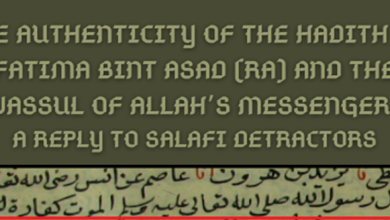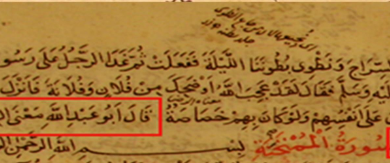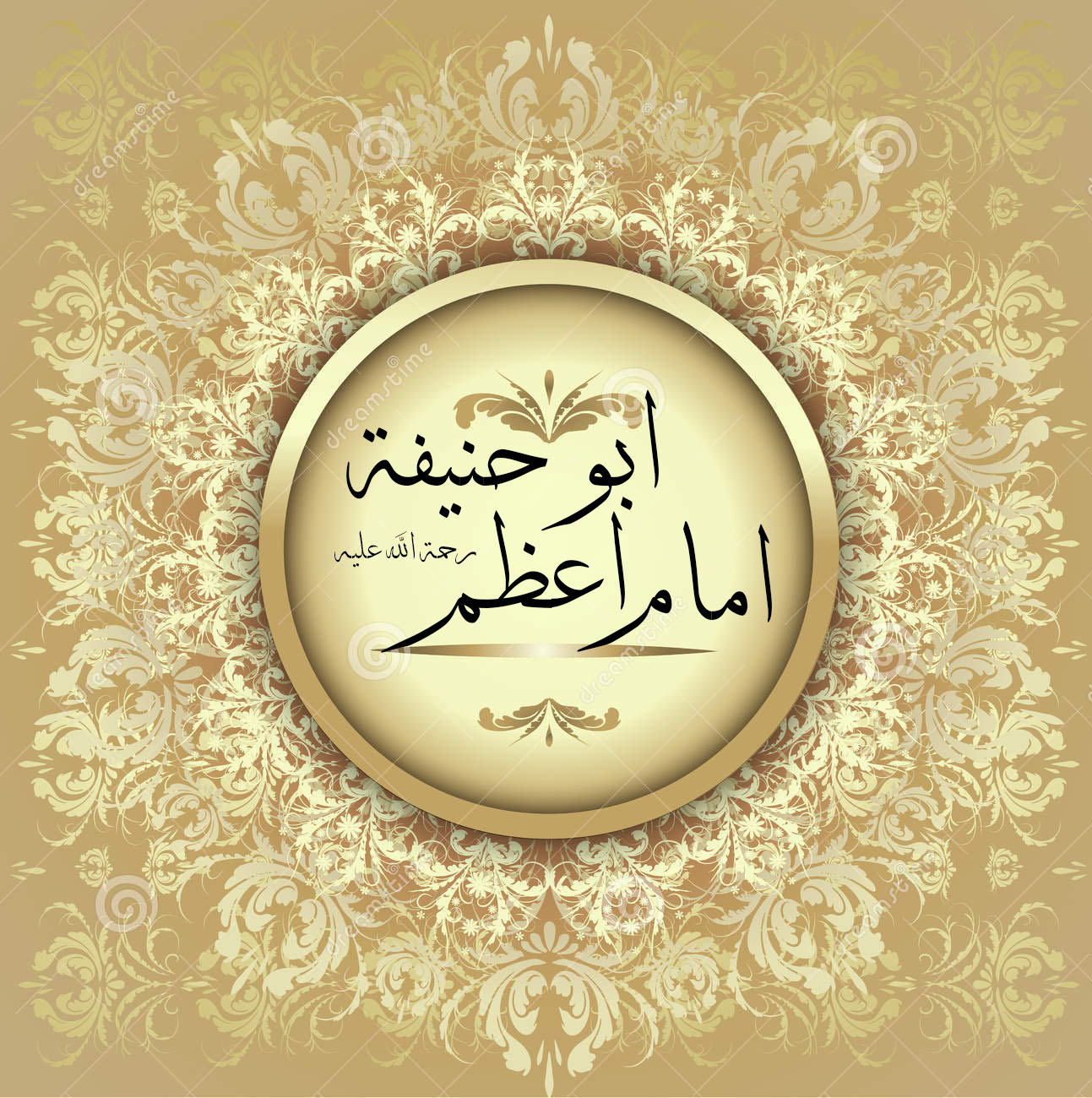Imam Abul Mu’in al Nasafi (d. 508 AH) on the attributes of Allah
The famous Hanafi scholar known as Imam Abul Mu’in Maymun al-Nasafi (d. 508 AH) said in his Tabsirat al-Adilla fi Usul al-Din:
“Our Shaykhs, may Allah have mercy upon them, have differed [regarding the non-explicit texts]. Some of them took the view that the obligation regarding those verses and hadith was to believe in them as they came, with faith and submission, to believe in their soundness, and not to preoccupy ourselves about their modality or the search for this modality, with a firm belief that Allah, may He be exalted, is not a body, does not resemble the creations (…).This has been narrated from Muhammad ibn al-Hasan: indeed Nusayr ibn Yahya al-Balkhi narrates from ‘Umar ibn Isma’il ibn Hammad ibn Abu Hanifah from Muhammad ibn al-Hasan that he was asked about those verses and narrations mentioning the attributes of Allah, and the apparent meaning of which would lead to anthropomorphism, and he said: “we go through them as they came, we believe in them and we do not say “how” and “when””. And this view was also adopted by Malik ibn Anas, the Imam of the people of al-Madinah, and by Abd Allah ibn al-Mubarak and Abu Mu’adh Khalid ibn Sulayman the companion of Sufyan al- Thawri, and by a group of scholars from the people of hadith like Ahmad ibn Hanbal and Ishaq ibn Ibrahim and Muhammad ibn Isma’il al-Bukhari, and Abu Dawud al- Sijistani. It has been narrated from Malik ibn Anas may Allah have mercy upon him that he was asked about His saying, may He be exalted: “al-Rahman ‘ ala l-‘arsh istawa” [literally: the Merciful is established over the Throne] and he said “the Istawa is not unknown and the kayf is not conceivable and the question about it is an innovation” [i.e. the definition of the word istawa is not unknown, but he did not precisely mention which one he intended, and there is no “how” (kayf) to this act of istawa, as it is not conceivable that God had a “how”]. None of them busied himself interpreting anything from these verses and narrations.
And some of them [i.e. a second group of scholars from “Our shaykhs”] preoccupied themselves with extracting the meaning of these verses and narrations according to what they contain as meanings which do not contradict the proofs of the Oneness of God and the explicit verses . Thereafter, in those cases where the word would only bear (apart from the explicit meaning) one meaning which complies with the proofs, they will decree that this is what is meant by God. And for those expressions which would carry more than one suitable meaning they did not decide in favour of any in particular as being what was meant, because of the absence of a decisive proof which would lead to choose only one of them. They would prevent themselves from confirming this for Allah without a proof forcing them to do so and they would say: “Yes, the meaning of some of these expressions is not the apparent one”. (Quoted by Dr. N. Nahouza in Contemporary Wahhabism rebranded as Salafism : the issue of interpreting the Qur’anic verses and hadith on the Attributes of God and its significance, p. 47)





